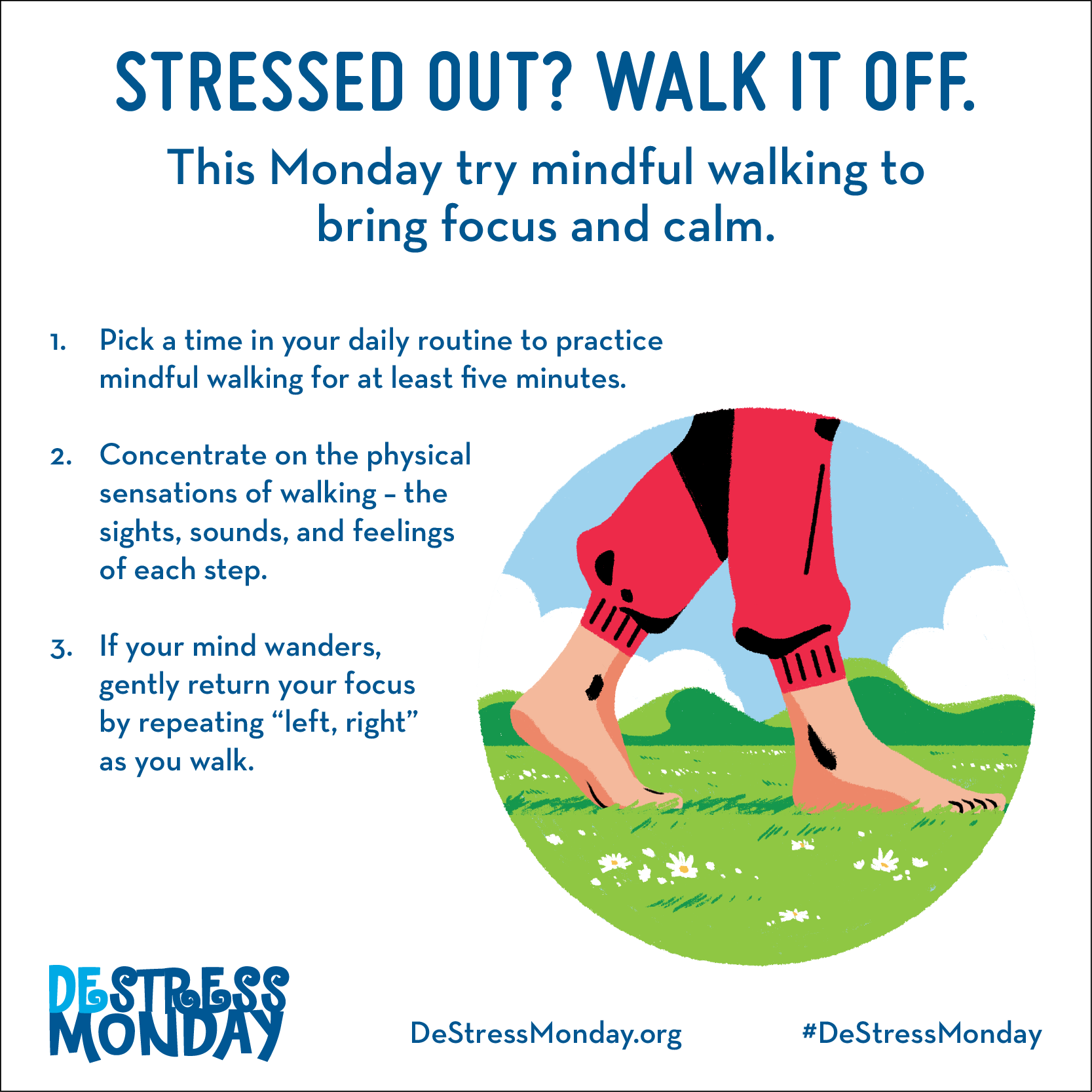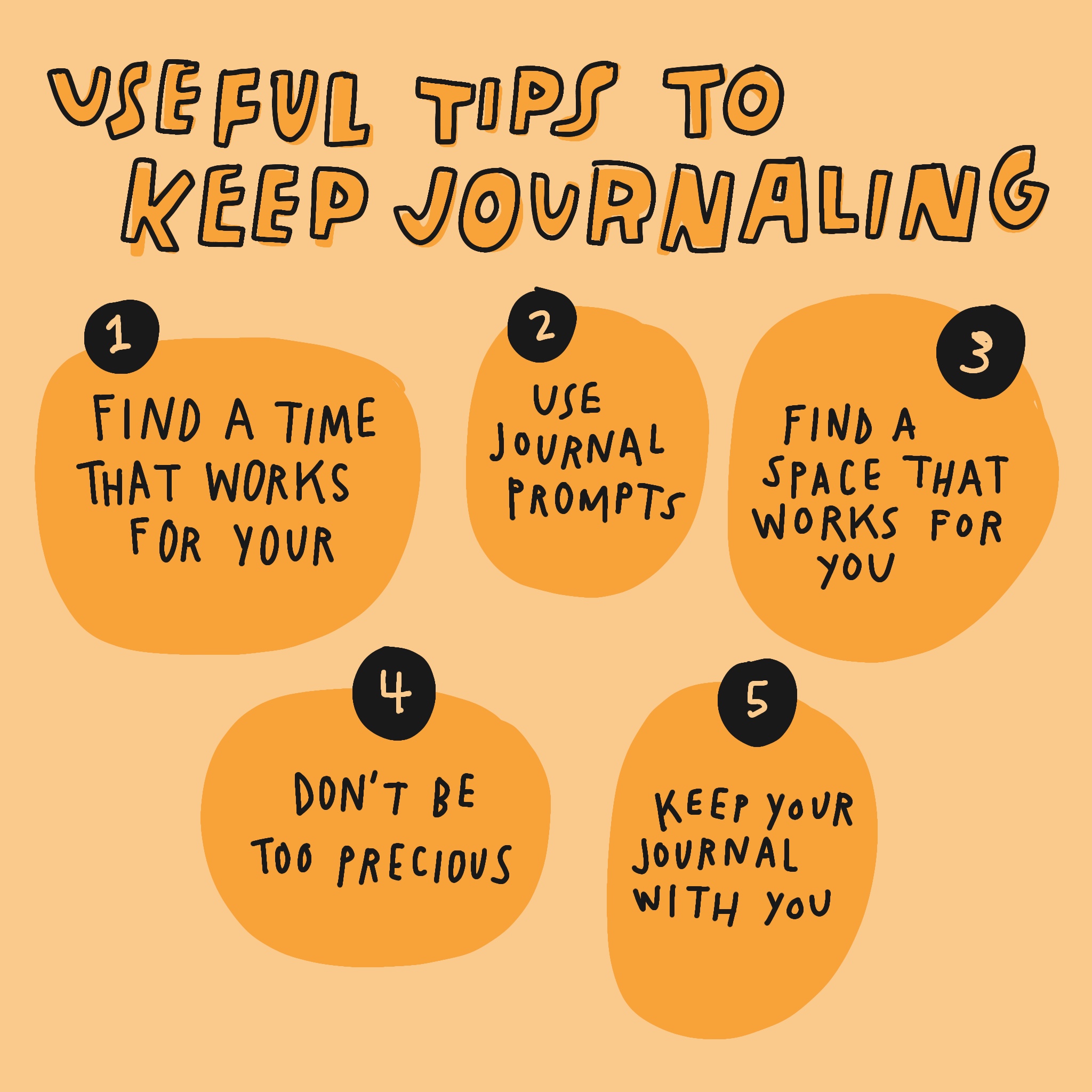With the new and improved warmer weather coming our way, some of our life problems seem to melt away. It’s much easier to forget our stressors with a slight tan, nice weather to walk to class in, and the beginning of the summer season. As our winter-scaries start to dissolve and we embrace the sunny mindsight of the new season, I think it’s important to remember the difficulties we’ve faced throughout the year and cope with them now that we’re in a softer environment and a traditionally less stressful time of year.
I’m not sure if this post will resonate with everyone, but summer has always been a relaxer for myself. According to the American Psychiatric Association, over 5% of American adults struggle with Seasonal Affective Disorder (popularly referred to as seasonal depression). This means that like myself, I know there is a large population that experiences some release and less anxiety as the weather becomes warmer. I want to offer some practices that are mostly viable in the summer to help you remain relaxed and to work through some of your struggles you may have faced throughout the year.
Visit a New Place with Comfortable People
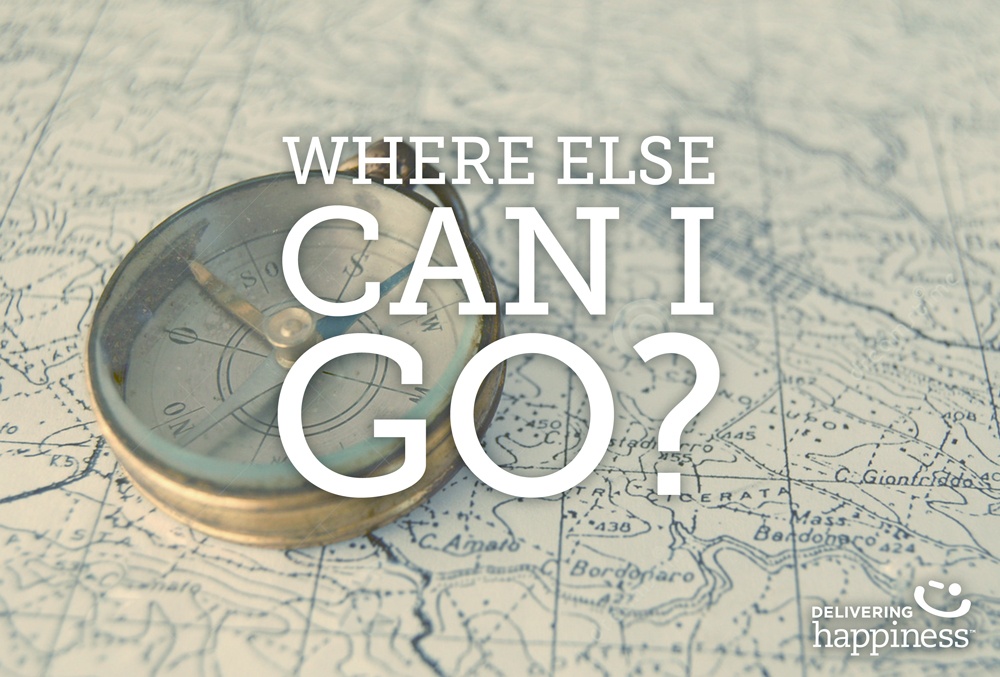
On a post by Go Abroad, their team emphasizes the ability travel has on curating new mindsets, building connections, and combatting stress and anxiety. Although I know how stressful traveling can sound, with the right set of people and an open mind, the pay off will be worth it. Traveling can give you an opportunity to get away from your normal environment and reflect in a new place. This may mean a solo day trip or maybe a cross-country trip with your closest friends. Either way, a change of pace is sometimes good for the soul.
Practice Physical Activity Outside
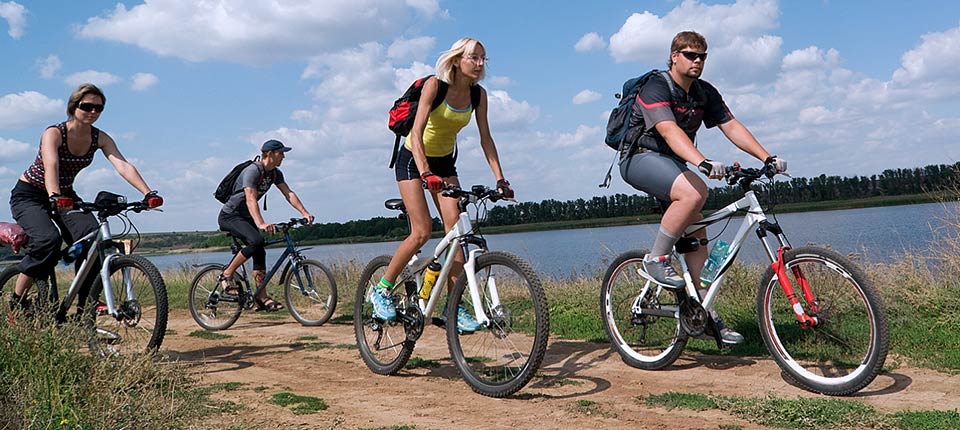
My favorite thing about summer is exercising outside. I love the ability to go sweat outside then jump into the closest body of water. Like traveling, I’m sure this can feel intimidating to try. All you need to do is get yourself outside and hike, walk, swim, run, whatever suits your fancy. This is an amazing way to get your body moving, endorphins pumping, and soak up some sun while your at it. I’ve also found that exercising outside offers a new sense of peace and a great time for some introspection.
Join a New Group

Again…sounds intimidating. But totally accomplishable. Joining a new group could mean establishing a different routine where you will see familiar faces on a daily basis, attending a community meeting, or just saying hi to some new people. Because this endeavor is not always simple, summer is a great time to tackle this task. MyKellyJobs offers 6 great tips on joining a new group that can apply to all aspects of life, not just from a career orientation.
Now I know that these three tasks do not always look or feel simple but I do believe they are healthy challenges to implement into your summer plans. Spreading your horizon in terms of friendships, places, and experiences can be easier done in times of your life that seem less stressful. Summer is a great time to relax but it also offers new opportunities to push your limits.
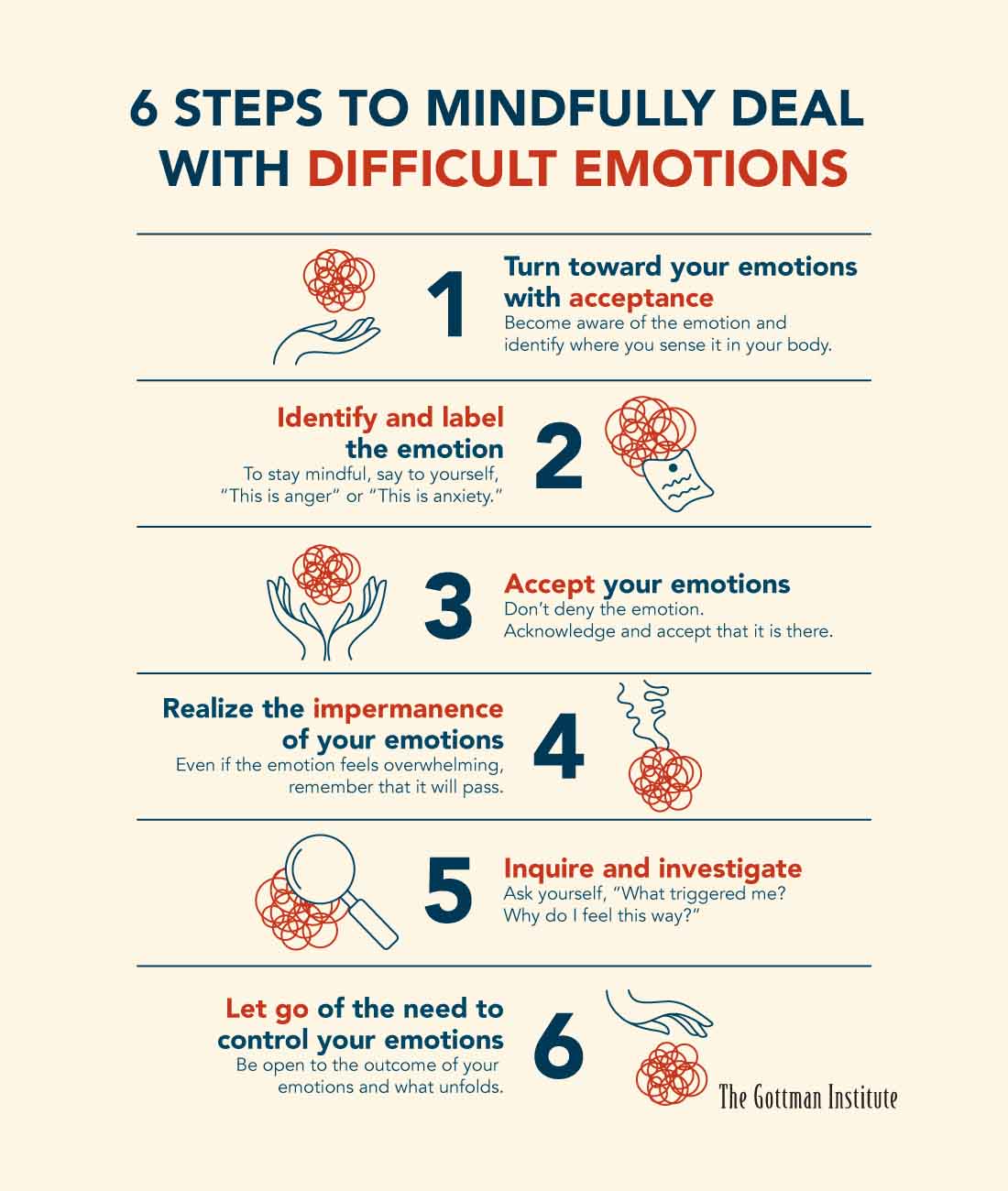

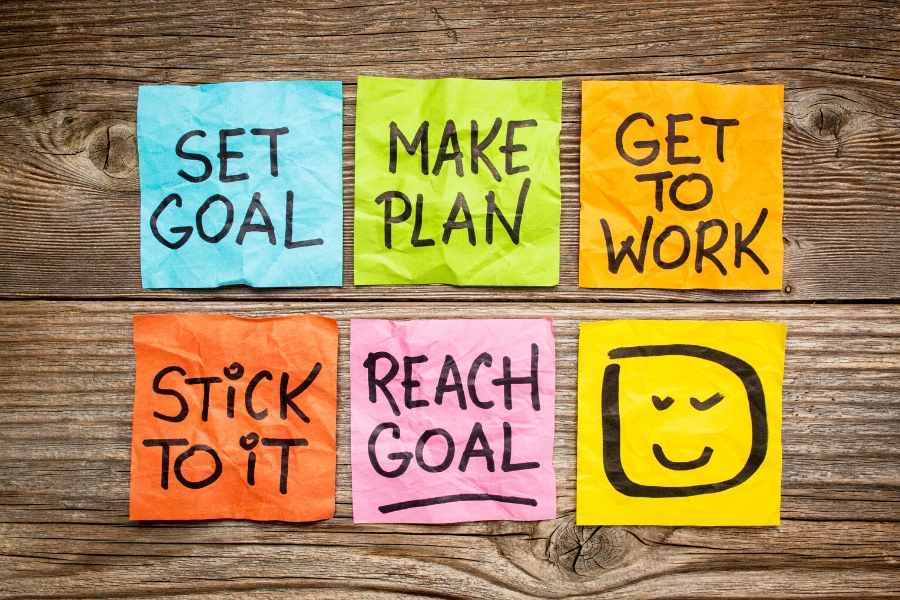



:max_bytes(150000):strip_icc():format(webp)/how-to-reduce-stress-5207327_FINAL-907db114a640431ba1e8ecbb9e81b77f.jpg)

